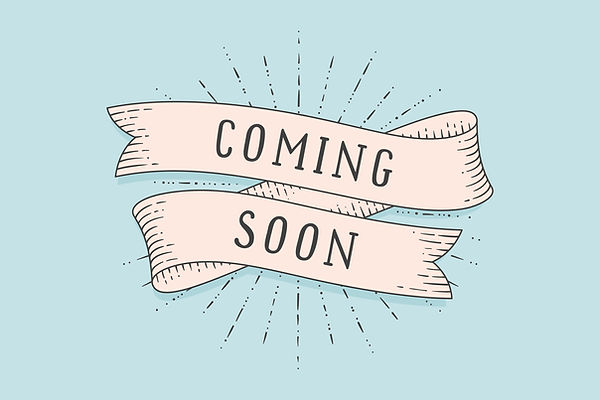Period poverty is the lack of access to basic menstruation products, services and education that are vital to the wellbeing of every woman during her menses.

Throughout their reproductive lifetime, women are estimated to spend up to £5,000 on period products. The monthly expense comes to an average of £10, which doesn’t seem like a significant amount until you realise there are women who are struggling to afford that.
The UK has had a growing problem with period poverty as there is an increasing number of young girls and women who live below the poverty line. Recently, there has been a spike in these numbers due to the coronavirus lockdown and for many in these circumstances, it can really come down to choosing between their evening meal or a tampon.
A recent report published by UK based charity Bloody Good Period, states that asylum-seeking women in the UK are finding it difficult to access vital period products. Period products are too expensive for these women who aren’t allowed to work, are given £37.75 to live on per week and are already struggling to afford basic necessities such as food. It’s literally a choice between survival and dignity.
Even the U.S., which has one of the highest income per capita in the world, is not exempt from period poverty. Students and homeless women are the two most prominent groups impacted in the United States. Lack of income, menstrual health services and the discriminatory “tampon tax” – all add to the problem.
Thirty U.S. states fail to recognize period products as essential items thereby charging sales tax on them. Canada, Australia, India, Malaysia, Kenya and Uganda have already axed the tax, with Britain scrapping the 5% VAT tax on tampons and pads from January 1st 2021.
Lack of menstrual health education is another fundamental element of period poverty and can create a cloud of mystery around something that is relatively simple to explain, manage and indeed affects about 800 million women and girls daily.
Educational programmes inform and equip young girls and women with the tools required to manage their period safely, confidently and with dignity.
There are cultural and social stigmas attached to periods in some parts of Africa, Latin America and Southeast Asia, which results in millions of girls missing school every year. The shame, lack of education and access to period products has devastating consequences on their health and quality of life.
However, there are many organisations worldwide that are working towards eradicating period poverty.
Bloody Good Period specifically worked with asylum-seekers and refugees pre-COVID, but has now stretched wider with their reach.
“Since lockdown 1.0 in March, we have distributed over 60,000 packets of period products to food banks, community response groups, homeless shelters, domestic violence victims and, at the very start of the pandemic - to frontline NHS workers,” states Rachel Grocott, Communications and Fundraising Director at Bloody Good Period.
They operate a Take What You Need scheme at their drop-in centers in central London and across the country, where they stockpile period products including period pants, reusable pads, regular pads, menstrual cups and tampons. They also provide menstrual education to those less likely to access it, and you can sponsor a period on a monthly basis (which covers light, medium and heavy flows) or provide a one-off donation.
Scotland made an international statement by becoming the first nation in the world to provide free period products. Labour MSP Monica Lennon, who has been campaigning against period poverty since 2016, spearheaded the now world-famous, and first of its kind, Period Products Act. This not only speaks volumes to Scotland’s view on women and their needs, but it also intrinsically shifts the public narrative around menstruation.
Scottish charity FareShare was awarded £0.5million to deliver free period products to low-income households across Scotland in 2018. An additional £4million of funding was then made available to local authorities in 2019-20 to continue the work of FareShare, and expand the scope beyond schools, colleges and universities.
Language surrounding the topic of menstruation has also been put under the microscope. Certain terminology can add to the stigma and shame surrounding periods. For instance, instead of using words like “hygiene” and “sanitary”, or using blueblood markers on period products (to indicate the flow level), which in turn help to perpetuate ideas of disease, dirt, disinfection and shame, using words like ‘health’, or having red blood flow markers, all hold a closer connotation to wellbeing and strength, and indeed promote the message that the realities of periods don’t need to be hidden or masked in secret codes.
A campaign led by Instagram page HealthnotHygiene, which focuses on creating a more holistic narrative around menstruation, is petitioning to rename the world-recognised Menstrual Hygiene Day (founded by NGO WASH United in 2014) to Menstrual Health Day. The petition has almost 40,000 signatures, just over 10,000 shy from their goal of 50,000.
Though many societies are advancing in social and gender equality, the fight for menstrual equity is far from over. Period poverty is becoming less of an abstract term, and now, thanks to Scotland’s progressive period policy, the world is surely soon to follow.
Don’t stop campaigning until every woman and girl has access to dignity. Period.
